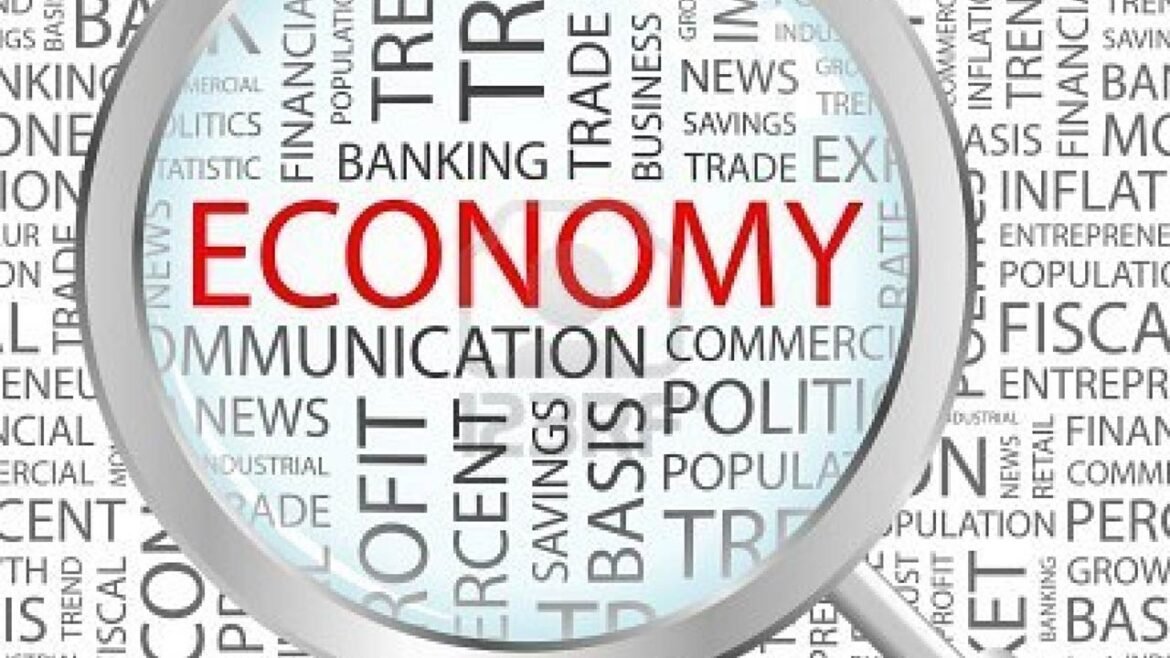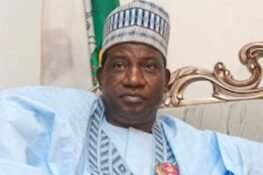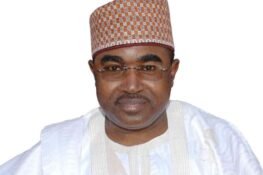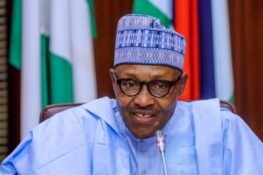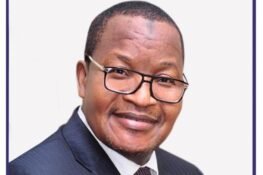Nigeria’s Gross Domestic Product grew by 2.55 per cent (year-on-year) in real terms in the fourth quarters of 2019 according to the data released by the National Bureau of Statistics on Monday.
NBS says the aggregate GDP in the fourth quarter stood at N39.57trn in nominal terms. Real growth of the oil sector was 6.36 per cent (year-on-year) in the fourth quarter indicating an increase of 7.98 per centpoints relative to the rate recipirded in the corresponding quarter of 2018.
The non-oil sector grew by 2.26 in real terms during the fourth quarter.
This was lower by -0.44% points compared to the rate recorded by the same quarter of 2018 but 0.42% points higher than the third quarter of 2019.
This, NBS said, was driven during the fourth quarter of 2019, mainly by Information and Communication (Telecommunications), Agriculture (Crop Production), Financial and Insurance Services, and Manufacturing.
In the analysis signed by Dr. Yemi Kale, the statistician general of NBS, “Compared to the fourth with after of 2018 which recorded a growth rate of 2.38 per cent, this represents an increase of 0.17 per cent points and an increase of 0.27 per cent points when compared with the third quarter of 2019.
“The strong fourth quarter 2019 growth rate also represented the highest quarterly growth performance since the 2016 recession.
Overall, this resulted in annual real growth rate of 2.27 per cent, compared to 1.91 per centin 2018. Quarter on quarter, real GDP growth was 5.59 per cent.
